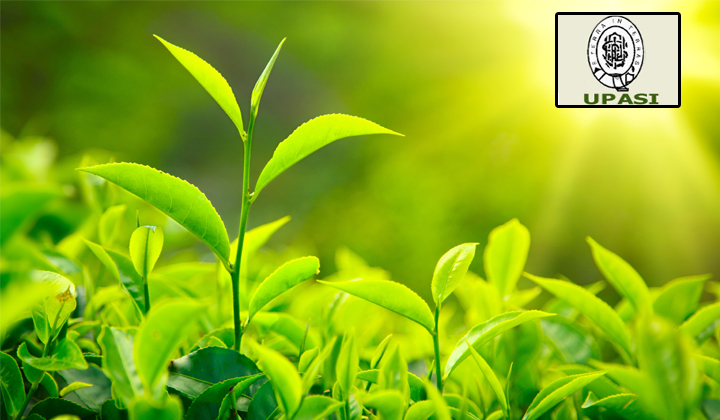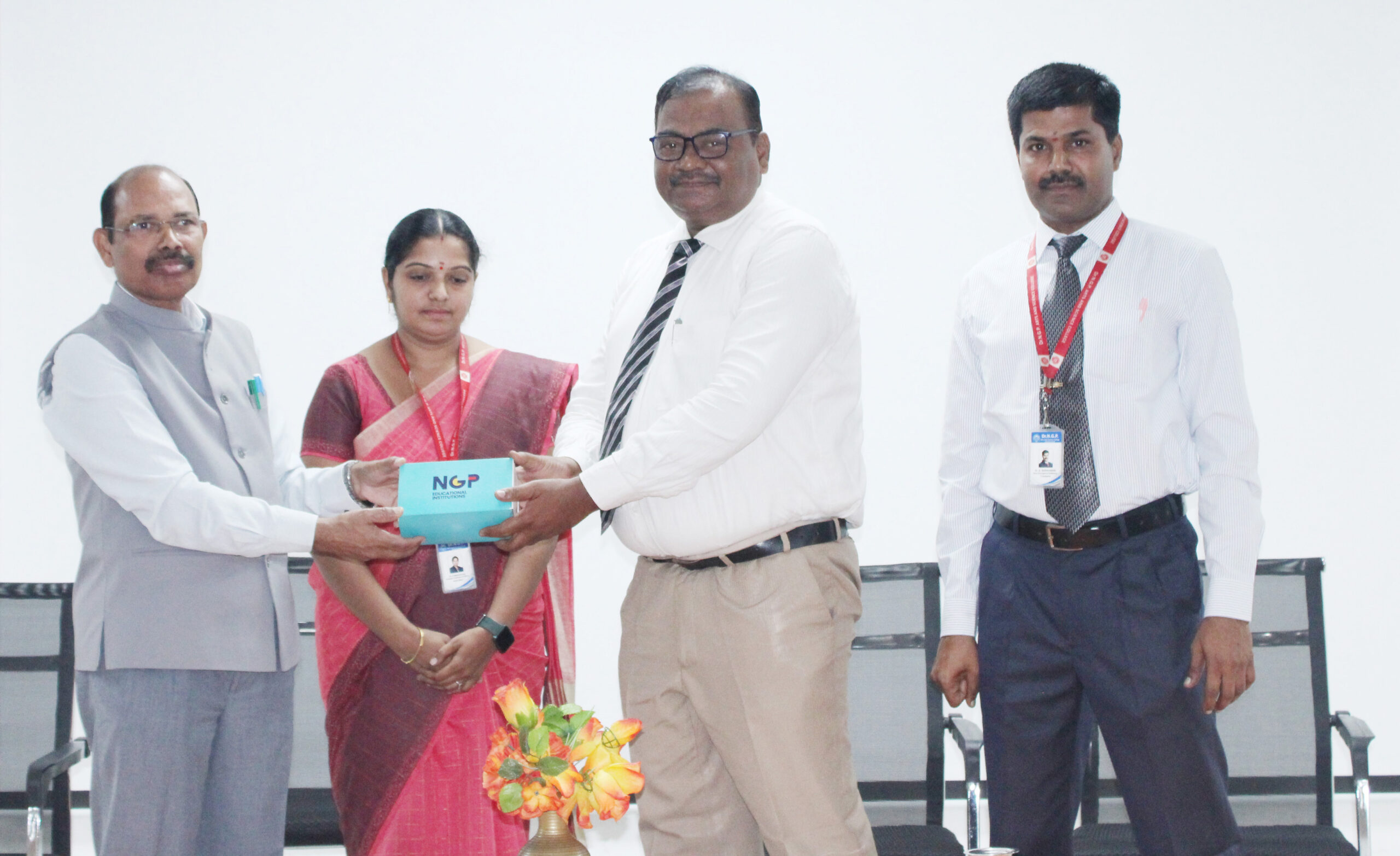Trending Now
- IPL 2024 begins with a bang. First contest between CSK and RCB.
- Election commission allots mike symbol to Naam Thamizhar Katchi
- AIADMK promises to urge for AIIMS in Coimbatore, in its election manifesto.
- Ponmudi becomes higher education minister.
Coimbatore
UPASI, China Tea Marketing Association ink pact to promote sustainability in tea sector
![]() September 22, 2016
September 22, 2016
United Planters Association of Southern India (UPASI) and China Tea Marketing Association (CTMA) today signed a first ever Memorandum of Understanding (MoU) to promote sustainable tea production and consumption with an aim to incrementally achieve relevant UN mandated Sustainable Development Goals (SDGs) while building an inclusive, sustainable and resilient future for tea industry.
The MoU was signed with the support of the Indonesian Tea Authority and stakeholders with technical and financial support from Global sustainability organization Solidaridad for its implementation.
The pact signed at Coonoor in Nilgiris District, would focus on developing a mutually acceptable framework for tea sustainability in Asia based on the new SDGs, conservation of eco-systems and product safety, developing a common platform for consultations with stakeholders including governments seeking understanding with regard to the structural conditions in international markets and long-term trends in production and consumption that balance supply and demand, and result in prices that are fair, both to consumers and to producers.
It would also aim to develop joint campaigns to increase consumption of high quality green and black tea in global markets enhancing consumer satisfaction and benefits to producers and conduct joint research and development in tea matters, UPASI president, N. Dharmaraj said in a release.
“Both UPASI and CTMA considers the MoU as a first step towards greater regional cooperation between Indian and Chinese tea industries, which produce and consume highest volume of tea in the world. Both parties will support each other in technological innovation with the aim of expanding the worldwide consumer base for high quality tea,” Dharmaraj said.
“Close regional cooperation on tea matters within Asia, including international trade, can foster an economically diversified global tea sector. It would further enhance the economic and social development of tea producing countries, the development of tea production and consumption, and improve business relations between tea exporting and importing countries,” CTMA Executive Vice-Chairman, Wang Qing, said.
Nico Roozen, Executive Director of Solidaridad Network, stressed the importance of rewarding a high quality tea with appropriate prices. The Western consumer pays 32 times more for a litre of coke than for a litre of tea. The cheap tea bags or bottled tea which dominate the Western markets may have a sustainability seal on the packs, but they don’t support or reward tea producers to make continuous improvements. A sustainability label is no longer a product differentiator. Like the coffee sector, we need to work towards a market that is increasingly characterised by price differentiation based on origin and high quality.
A working group has been formed comprising UPASI, CTMA and Indonesian Tea Traders Association to develop clear road map and set milestones in order to achieve the vision set in the MoU and. Solidaridad would be co-funding the initiative and would provide technical support, Roozen said.























